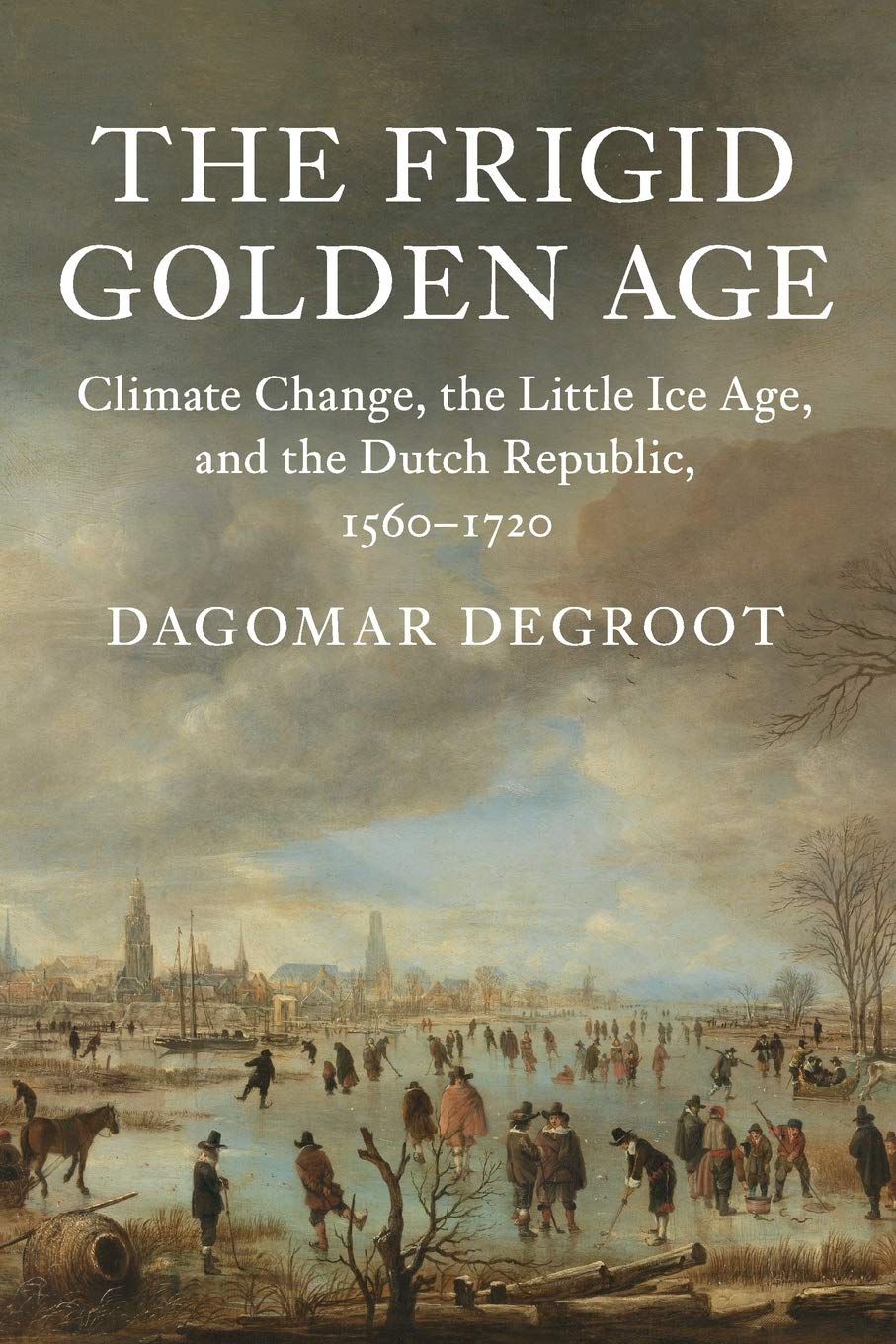

The Frigid Golden Age: Climate Change, the Little Ice Age, and the Dutch Republic, 1560–1720 (Studies in Environment and History)
W**F
A remarkable chronology aided by scientific data produces a superior history.
An excellent account of the effects of a climate change and variable weather that can be garnered from historical records, including detailed ships logs, during a specific time period in a particular culture. Having been inspired in the 1970s by Hubert Lamb and Le Roy Ladurie to write a thesis on the effects of the Little Ice Age on Native American cultures with no written documentation, it is enlightening to read about an actual regional verification of the LIA in print. A minor omission that would have added additional evidence would have been a discussion of European palynological records from this period. It was the annual varves in Scandinavia that made it possible to date the actual recession of the last glacial period.
G**Y
a must-read in environmental history
This book presents a revisionist narrative of human-climate interactions focusing on the Dutch utilization of unique Little Ice Age climate conditions. A good book to pair with Parker's more alarmist Global Crisis.
A**A
It can help us understand the present & future of global warming
The environment has an influence on the actions of humans and humans actions has an influence on the environment.
J**N
It's not about Dutch history
If you're into ocean temperatures, polar winds and all things climate, you might enjoy this book. But I wanted social history about the Netherlands, the war with Spain, the Dutch economic miracle, its art and science. I was very disappointed in how very little there was of those things in this book.
J**S
Important new directions in climate history.
Degroot's book reflects cutting-edge research and charts new directions in climate change, one of the most important issues of our time.
M**.
A must-read!
This is a groundbreaking book in the field of environmental history. Timely and important!
H**D
Great use of history to tell an important story about climate change
Degroot's book is a thoughtful and incisive meditation on how the Dutch Republic coped, and exploited, climatic changes to prosper during the Little Ice Age. Although focused on a specific nation during a specific period, there are many important general lessons here for historians and scientists about how climate change can be exploited, but ultimately limits what actions we can take. As Degroot shows, climate change unevenly affects societies, and even the wealthiest and most technological can be detrimentally affected.What I liked the most about this book was how the author uses both history and science to tell the story. I completely agree with him that historians and scientists need to talk with and respect each others' discipline more, and that both can add significantly to the other.There is so much here that I can only scratch the surface. Degroot touches on art, technology, science, exploration, and war at various points throughout the book, and there are a lot of interesting anecdotes coming from a multitude of sources. I highly recommend this book for anyone interested in the history of climate change, exploration, the early modern period, the history of technology and science, and general history "buffs". A+
Trustpilot
3 weeks ago
5 days ago